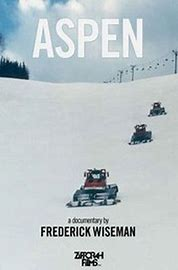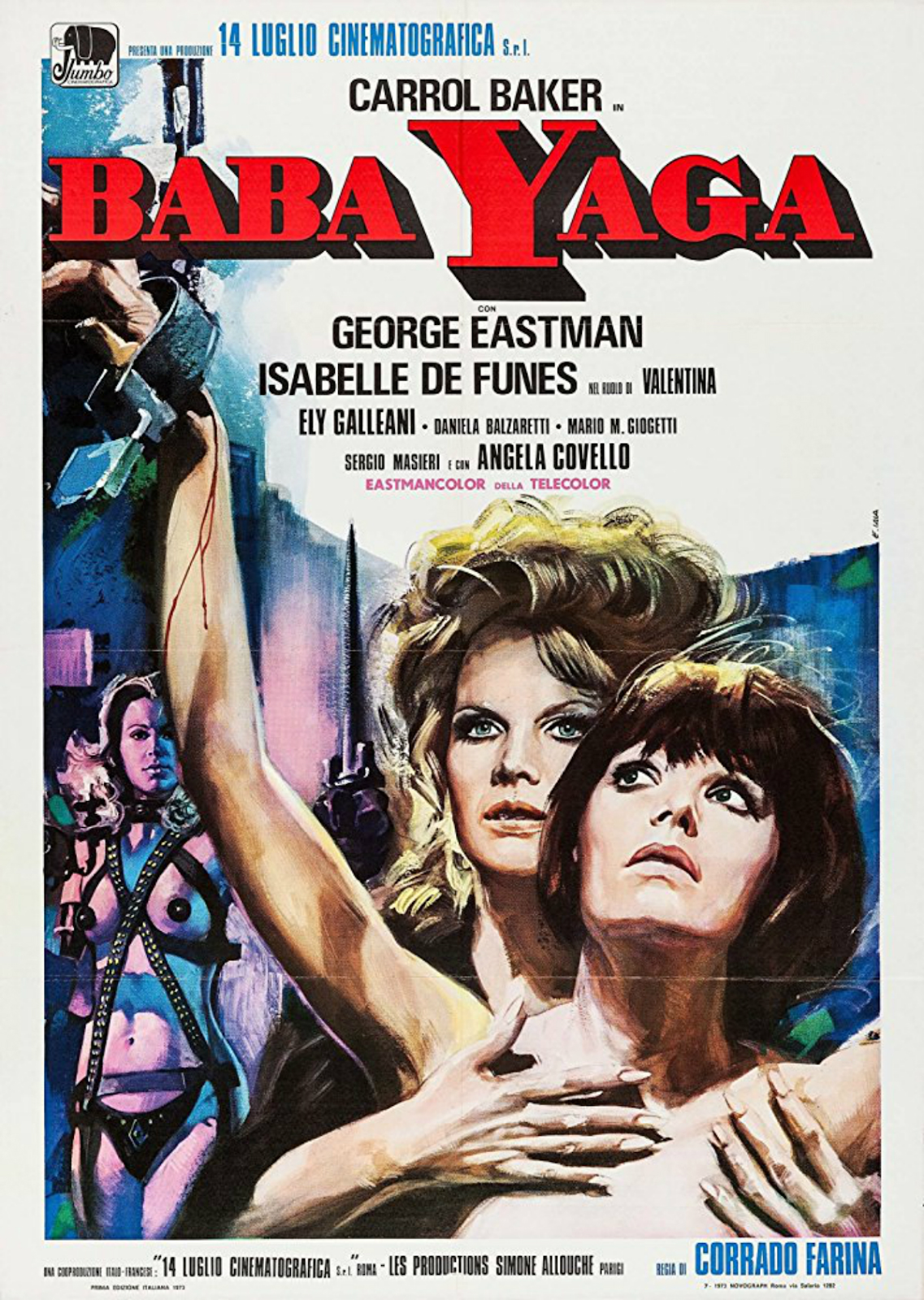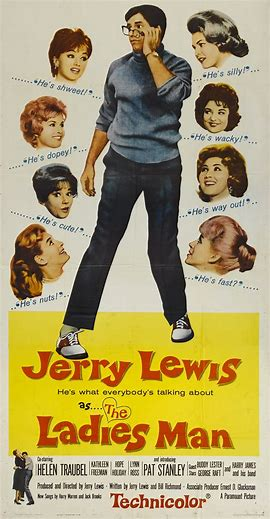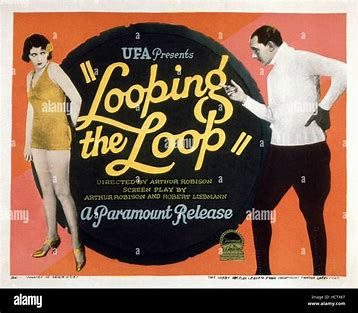It’s not hard to see why Paul Verhoeven’s Benedetta was
viewed in some quarters as blasphemous or insensitive or offensive; the
director’s lusty approach to religious-themed material all but invites those
judgments. But by the same token, its vividness and brashness, its embrace of
the shocking and scandalous, gives it the feeling of playing for high stakes:
in depicting a devout believer who nevertheless embraces transgression (particularly
in matters of sexual pleasure), then it posits faith as something full and
complex and, for all its deprivations, scintillating (in this respect at least,
Bunuel sometimes comes to mind in watching the film). Set in the 17th
century, the film starts with Benedetta’s childhood admission to the convent:
as a young adult, evidence of her potential saintliness accumulates, and she’s eventually
named Mother Superior; one of the film’s delicious ambiguities is that while
the Mother she displaces (Charlotte Rampling) is more correct in her behaviour
and her devotion to the institution’s well-being, Benedetta (despite her highly
reciprocated sexual desire for a novice nun) is the truer believer and more
likely instrument of God’s will. The film is as propulsive and gripping as any
of Verhoeven’s high-voltage Hollywood works, with action scenes of comparable
impact (several of them built around visions of a very dynamic Jesus); the lead
actress Virginie Efira is extraordinarily and fully present, not least in the
very frank love-making scenes. The film’s intense physicality manifests itself
in multiple ways: the deep-rooted fascination of stigmata (amplified here by
unanswered questions about whether Benedetta’s bleeding wounds are
self-inflicted, and even if they are, does that inherently reduce their God-given
significance), a focus on bodily orifices and excretions, on the details of
sexual pleasure, on the can’t-look-away horrors of the plague that threatens
the surrounding country, all contributing to a startling overall viewing
experience.




































